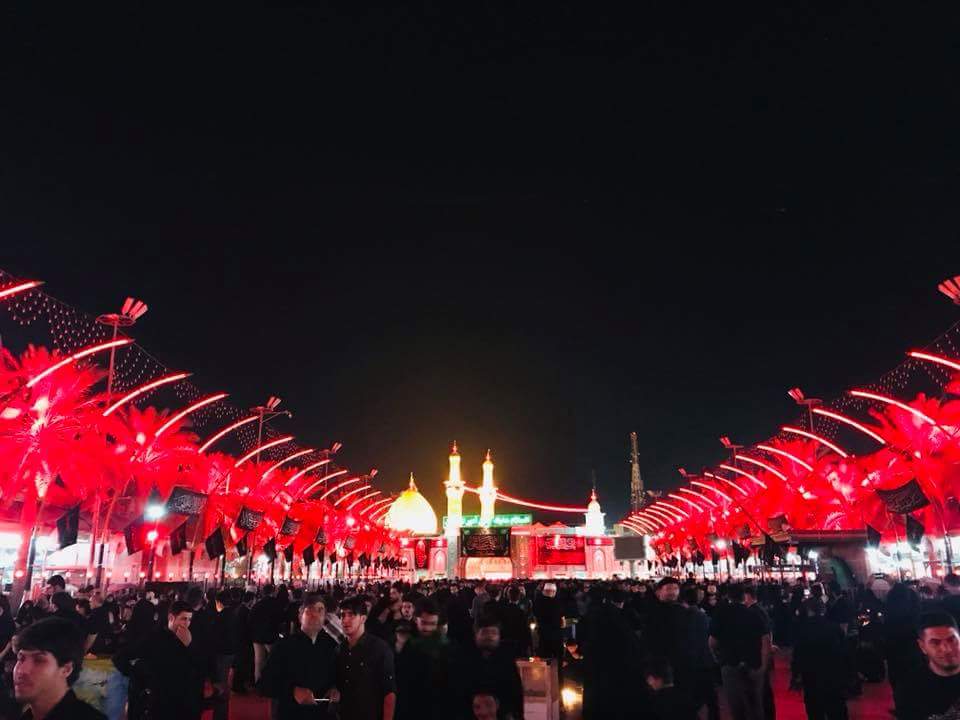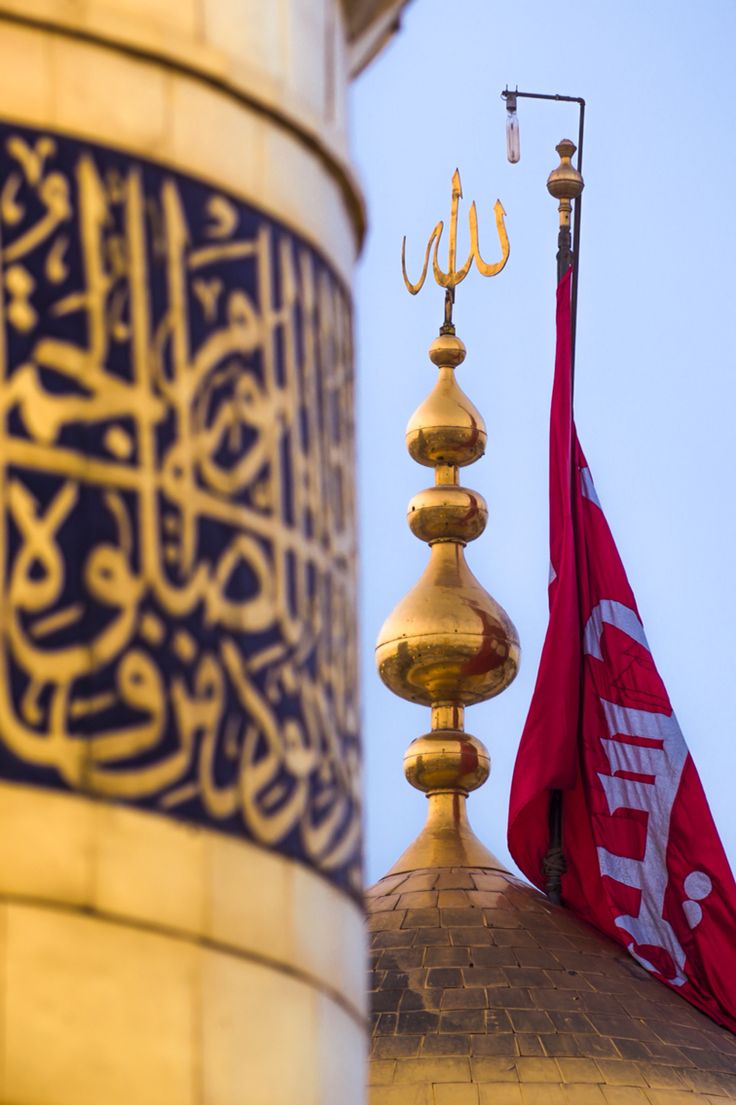English
THE FULL STORY OF HUSSAIN IBN ALI
No more than 50 years had passed since the death of Muhammad (the last Prophet of Islam) and the Muslim Empire was sliding into corruption under a tyrant from the Ummayad dynasty, Yazid.
Hussain ibn Ali, the grandson of Prophet Muhammad took a stand against Yazid’s illegitimate rule. Whilst Yazid was in equal parts feared and despised for his ruthlessness, Hussain was admired and respected by society at large. Mindful of this, Yazid decided that he would demand Hussain’s allegiance, hoping to gain some form of legitimacy for his inherited rule.
Hussain had a choice to make. To endorse Yazid would no doubt mean a handsome reward and a life of luxury. To refuse would invariably lead to his own demise. What should he do? What would you or I do? For Hussain the choice between the easy thing and the right thing was no choice at all.
Hussain refused.
He said: “I will never give Yazid my hand like a man who has been humiliated, nor will I flee like a slave… I have not risen to spread evil or to show off… I only desire to enjoin good values and prevent evil.”
His life now under threat, Hussain decided to move himself and his family to Mecca in the hope that Yazid’s agents would respect the holy city. As he waited, pondering his next move, messages of support began to arrive from across the empire. He left for Kufa, a city in Iraq, but en route, he was intercepted by a battalion of Yazid’s soldiers, who blocked Hussain and his supporters from going towards Kufa and instead forcibly diverted towards the desert town of Karbala.
Once they reached Karbala, forces surrounded their small band and blocked their access to the water supply. With both camps stationed at Karbala, a stalemate ensued. Hussain had made it clear that he could not, and would not, bow to Yazid. The opposing forces of 30,000 soldiers, which vastly outnumbered Hussain’s small band of seventy-two men and their families, were under strict orders not to let Hussain leave.
After a week, word reached Hussain that Yazid had sent orders that he was not to be allowed to leave Karbala until he had taken an oath of allegiance. The end was drawing close.
The final stand of Hussain ibn Ali.
That night Hussain assembled his group, stressing to them that it was his life that Yazid wanted and that they might be able to escape. Again, Hussain’s selflessness shone through. There he stood, amongst his family and companions, all having been deprived of water in the scorching desert for three days, pleading with them to leave him and save themselves!
After a few days of this stalemate, the government forces were commanded to attack and kill Hussain and his companions. Hussain’s men were vastly outnumbered. The hour for battle commenced, Hussain’s companions departed from their camp in small bands and one after the other – all fighting valiantly before being killed.
Throughout the day the forces of Yazid asked Hussain for his allegiance, yet Hussain resisted. Eventually Hussain was alone with no one left to support him. Fatigued, thirsty, and heavily wounded, Hussain fell to the ground as the women and children looked on.
He too was killed mercilessly, yet he died holding on firmly to his principles.

